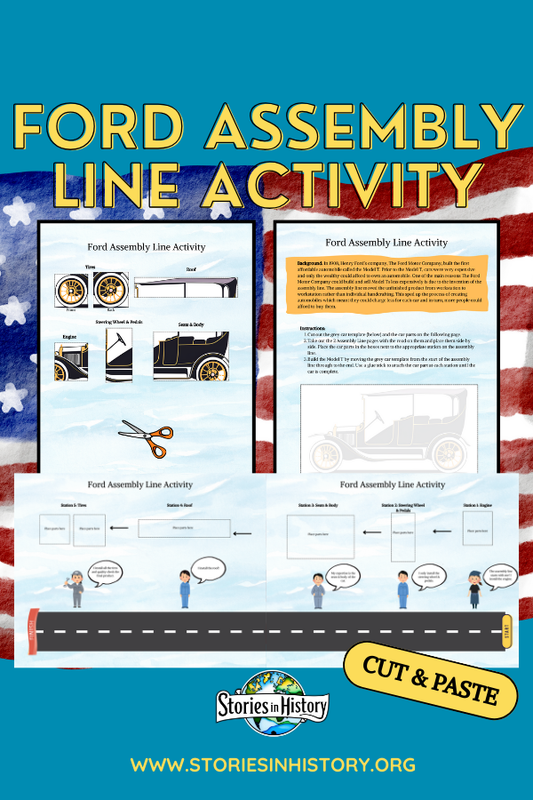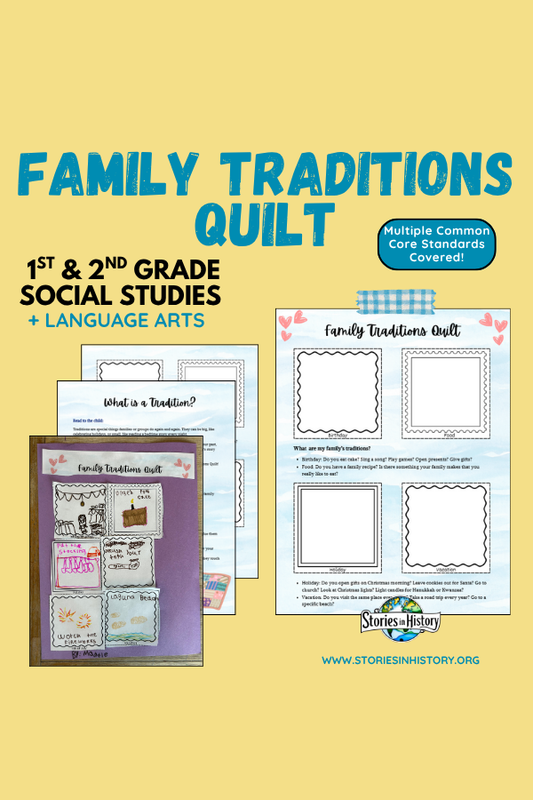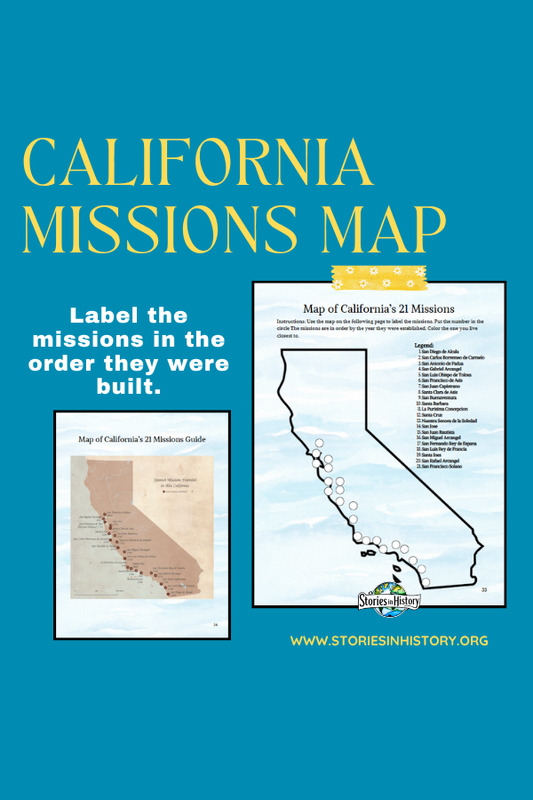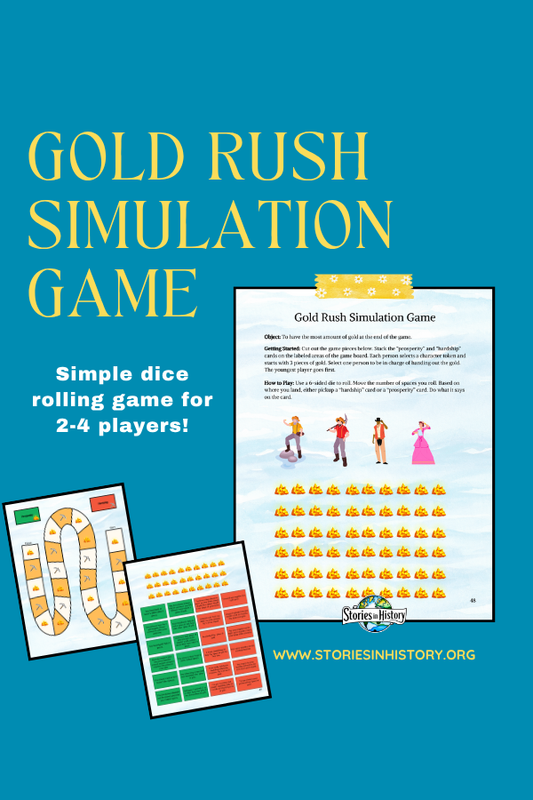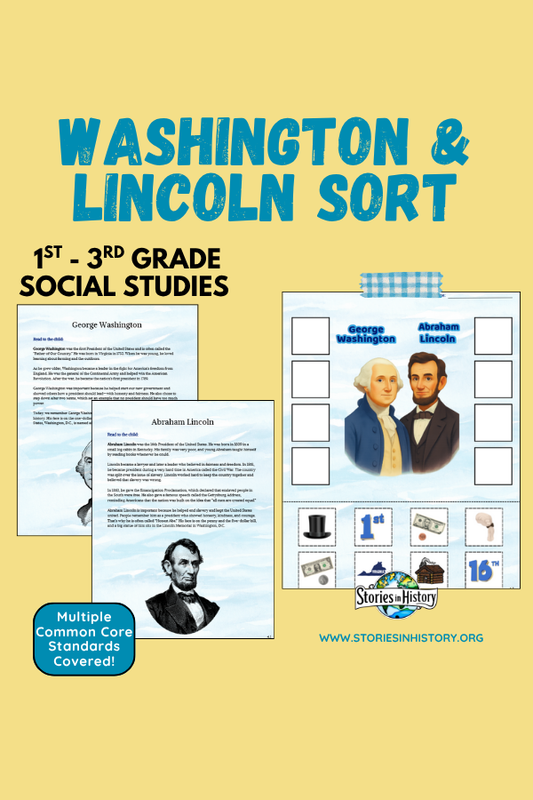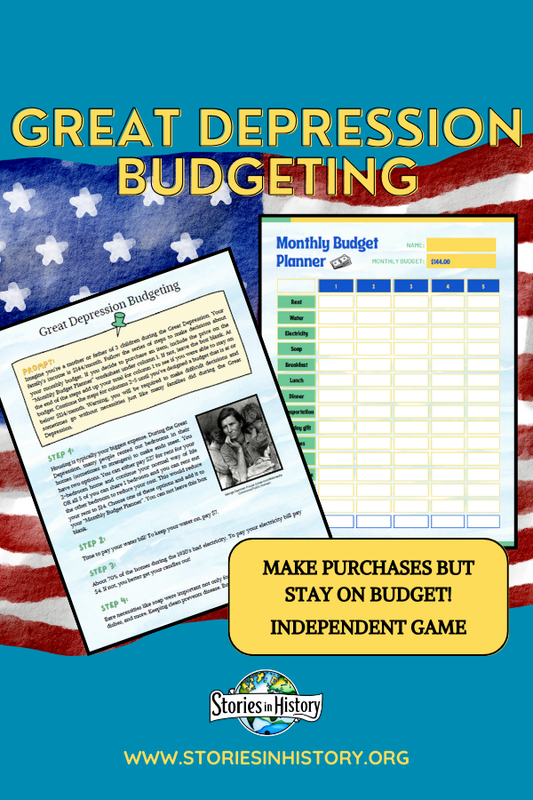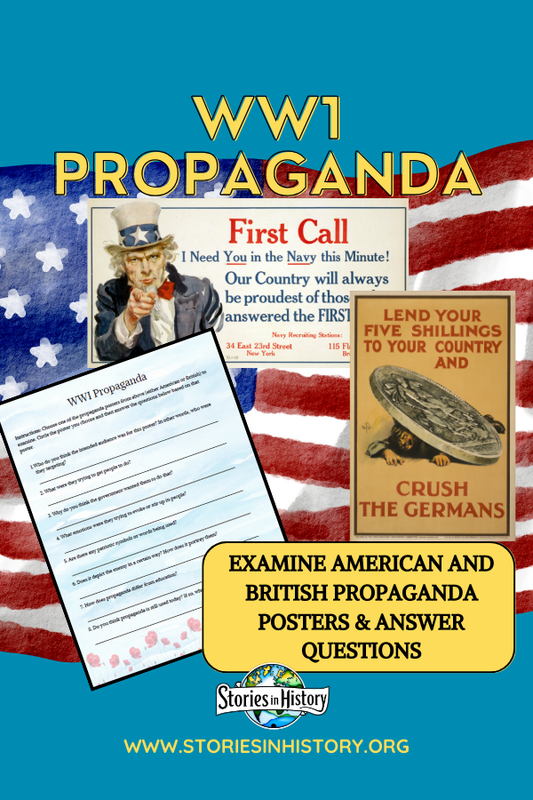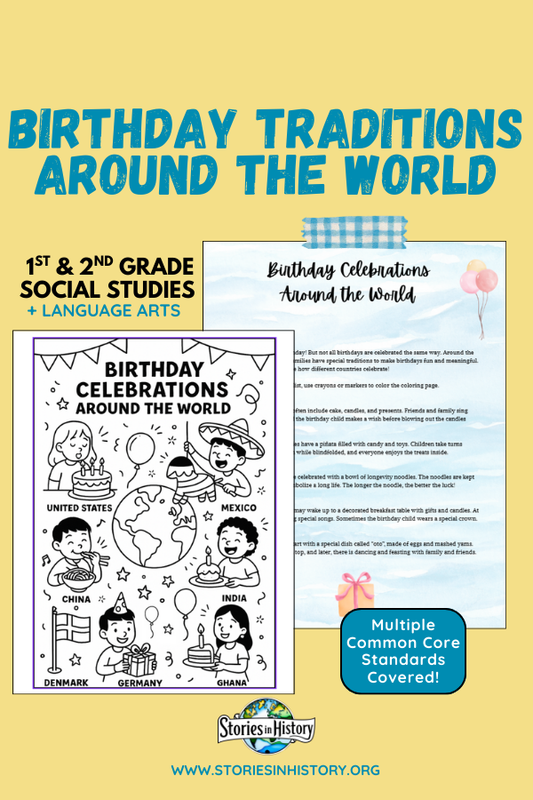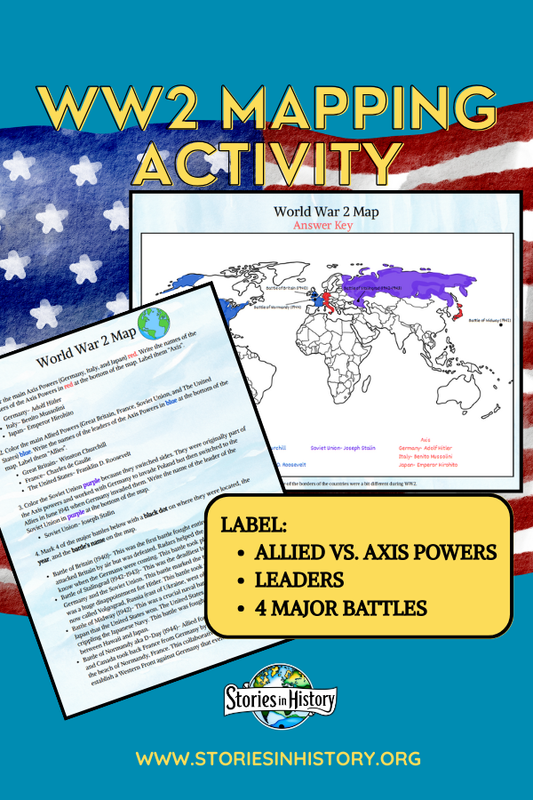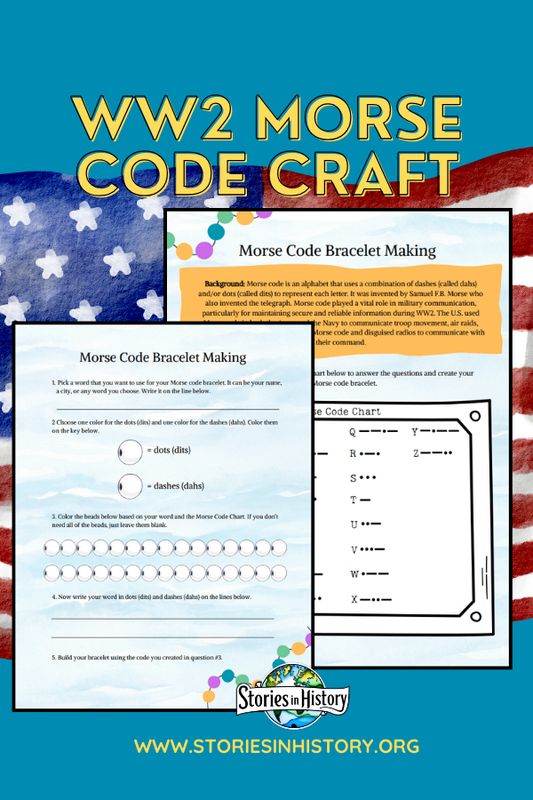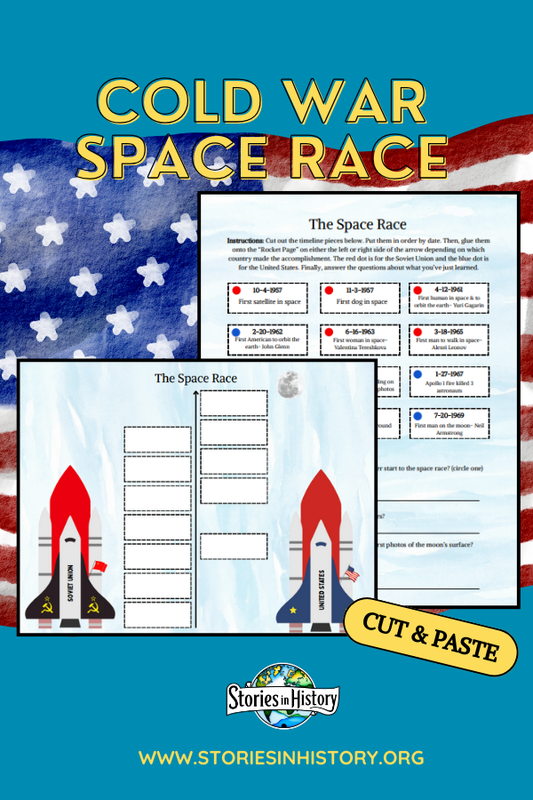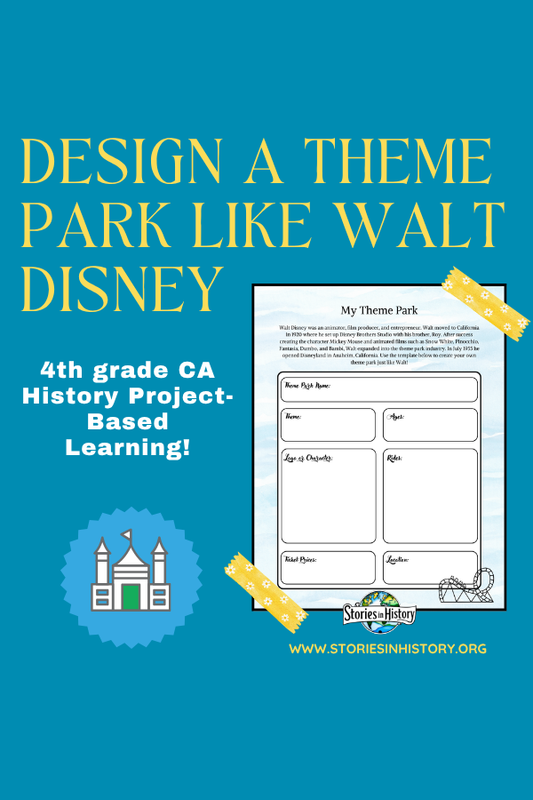Why Homeschool Parents Should Teach History: Building Understanding, Character, and Connection
Share
As homeschool parents, we want to equip our kids with the tools they need to thrive—not just academically, but as thoughtful, engaged, and compassionate individuals. One of the most powerful ways to do that is through teaching history at home. Far from being just a list of dates and names, history opens doors to critical thinking, empathy, and a deep understanding of the world we live in.
Here’s why teaching history is such an essential part of your homeschool journey—and how it benefits both your child and your family.
1. History Helps Kids Understand the World Around Them
When children learn history, they begin to see how the past shapes the present. Why do we have certain laws? How did different cultures contribute to our society? What lessons can we learn from mistakes made in the past?
By exploring events like the American Revolution, the Civil Rights Movement, or ancient civilizations, students gain a richer context for understanding today’s political systems, cultural dynamics, and global events.
📚 History answers the “why” behind the world your child is growing up in.
2. Teaching History at Home Encourages Critical Thinking
Rather than just memorizing facts, homeschool parents can guide children to ask thoughtful questions:
- Why did this event happen?
- What were the causes and effects?
- How did different people experience it differently?
These skills—analysis, reflection, and discernment—are key to lifelong learning and decision-making. When history is taught at home, there's time and space for meaningful conversations that help develop these essential abilities.
3. History Builds Empathy and Character
When children learn about people from different time periods, cultures, and backgrounds, they begin to develop empathy. They step into the shoes of immigrants seeking a better life, soldiers facing the horrors of war, or activists fighting for justice.
By learning about both heroes and hardships, kids gain a greater appreciation for courage, resilience, and standing up for what’s right. Teaching history at home allows you to center values that matter to your family while nurturing character.
❤️ History helps kids care—about people, principles, and their place in the world.
4. Homeschooling Makes History Come Alive
Public school history classes are often limited to textbooks and strict pacing guides. But at home, you can bring history to life with:
- Living books and biographies
- Hands-on activities (like cooking, crafts, or building models)
- Timelines and maps
- Historical fiction and reenactments
- Museum visits, documentaries, and field trips
You’re not bound by testing requirements or rushed curriculum—so you can dive deeper and make it memorable.
🎨 At home, history can be a multi-sensory, story-driven experience.
5. Teaching History Strengthens Family Bonds
History invites conversation. It prompts big questions and moral reflection. When you read historical stories aloud, watch a documentary together, or build a model of the Great Wall of China as a team, you’re not just teaching—you’re connecting.
Many families find that history becomes one of their favorite subjects because it naturally leads to storytelling, questions, and shared curiosity.
👨👩👧 It’s more than a subject—it’s an opportunity to grow together.
6. History Inspires Kids to Make a Difference
When children learn about people who changed the world—Susan B. Anthony, Martin Luther King Jr., Harriet Tubman, Cesar Chavez—they begin to believe that they, too, can make an impact. History shows that ordinary people can do extraordinary things.
By studying the past, kids become inspired to shape the future.
🌎 History empowers kids to become informed, active citizens.
Final Thoughts
As a homeschool parent, you have the unique ability to teach history in a way that’s personal, meaningful, and unforgettable. You can adapt it to your child’s interests, weave it into daily life, and use it to build both knowledge and character.
So don’t skip history. Embrace it. Dive into stories that matter, ask questions together, and discover the lessons the past has to offer your family today.
Looking for resources?
Check out Stories in History for literature-based, hands-on history curriculum that makes history meaningful and fun for homeschoolers ages 9–12.

